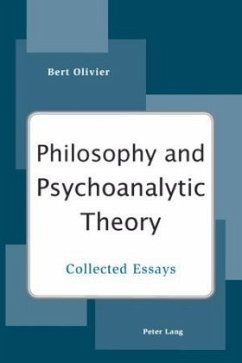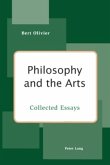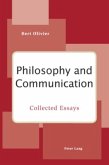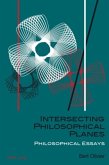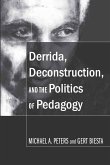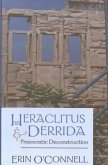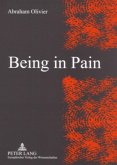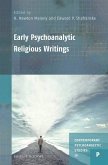The essays brought together in this volume are written from the dual perspectives of philosophy and psychoanalytic theory. Sometimes more weight is given to the one perspective than to the other and vice versa, but always with the conviction that the rational, argumentative and hermeneutic-interpretive approach of philosophy requires the sobering influence of psychoanalytic theory's conception of the human being as a split subject, prone to the laws of the unconscious, no less than to those of reason.
Topics range from the question concerning the relation between discourse, evil and the agency of the subject to that of the non-relativistic ethical positioning of the psychotherapist; from the problem of overcoming relativism by way of a poststructuralist understanding of language to that of a cogent (Derridean) philosophical response to global 'terrorism'; and from a Lacanian understanding of narrative identity, of human knowledge as 'paranoiac', and of 'trauma literature' to a Kristevan perspective on nature as 'abject' in the light of the degradation of ecosystems globally.
Topics range from the question concerning the relation between discourse, evil and the agency of the subject to that of the non-relativistic ethical positioning of the psychotherapist; from the problem of overcoming relativism by way of a poststructuralist understanding of language to that of a cogent (Derridean) philosophical response to global 'terrorism'; and from a Lacanian understanding of narrative identity, of human knowledge as 'paranoiac', and of 'trauma literature' to a Kristevan perspective on nature as 'abject' in the light of the degradation of ecosystems globally.

